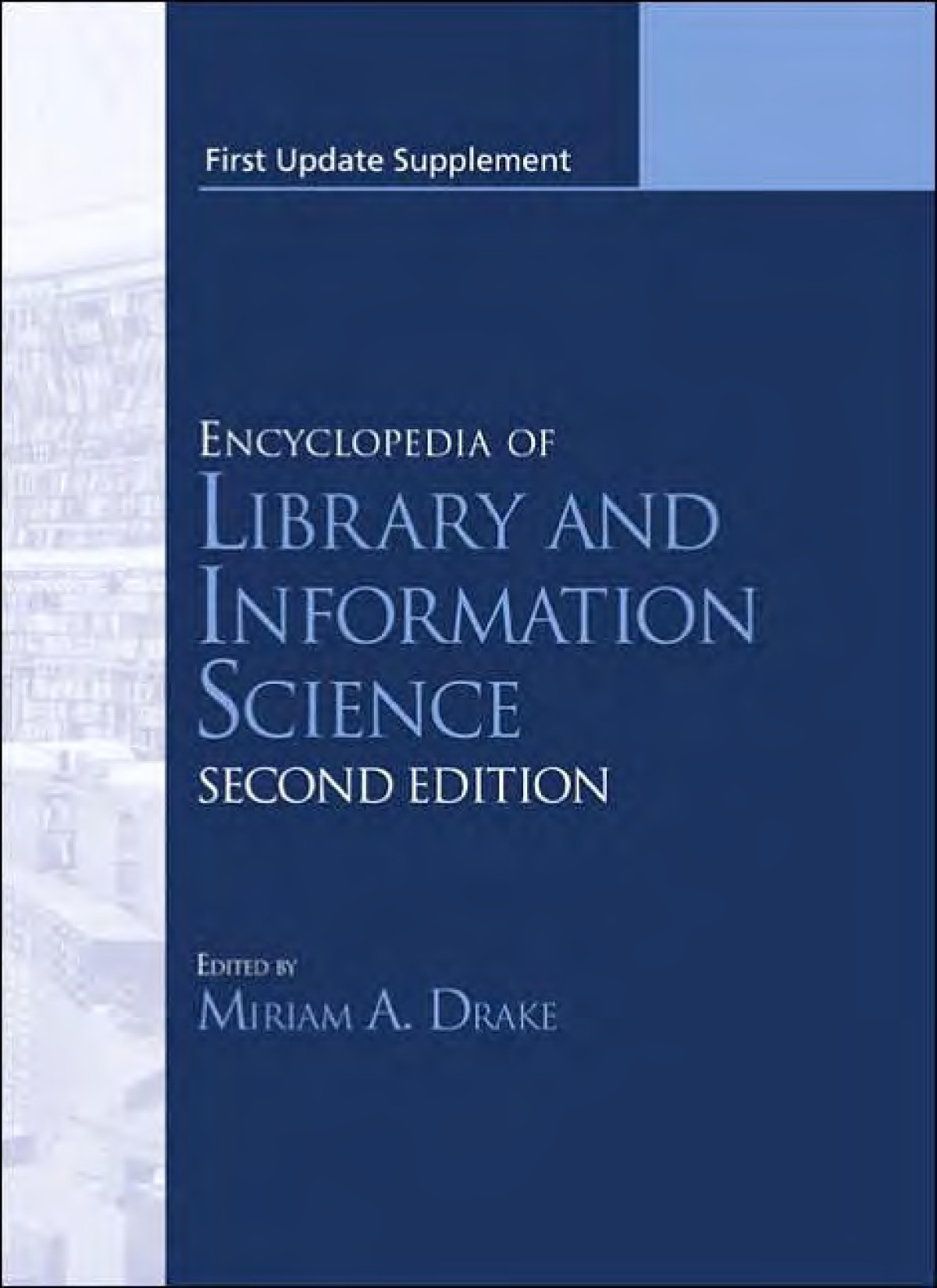

Most ebook files are in PDF format, so you can easily read them using various software such as Foxit Reader or directly on the Google Chrome browser.
Some ebook files are released by publishers in other formats such as .awz, .mobi, .epub, .fb2, etc. You may need to install specific software to read these formats on mobile/PC, such as Calibre.
Please read the tutorial at this link: https://ebookbell.com/faq
We offer FREE conversion to the popular formats you request; however, this may take some time. Therefore, right after payment, please email us, and we will try to provide the service as quickly as possible.
For some exceptional file formats or broken links (if any), please refrain from opening any disputes. Instead, email us first, and we will try to assist within a maximum of 6 hours.
EbookBell Team

4.7
106 reviewsdynamic database aimed at describing both history and the state of the art in libraries,
library science, information science, and applications of information technology. The
print edition appeared in four volumes in 2003. It quickly became established as a
respected and valuable reference resource. This supplement contains articles added since
2003 and includes new material as well as updated entries.
The material contained in this volume includes many elements relating to library opera-
tions, information access and processing, information literacy, and information science.
New processes, new developments, and new ways of disseminating, accessing, and analyz-
ing information create the exciting and transformational aspects of the field. This supple-
ment provides valuable resources for people in the field as well as people wanting to learn
about the field.
This supplement contains articles on libraries in Canada, Eastern Europe, Germany,
and Japan as well as the British Library. Articles of special importance to the field today
are: ‘‘Digital Object Identifier (DOI
Õ
)’’ by Norman Paskin; ‘‘CrossRef’’ by Amy E.
Brand; ‘‘Institutional Repositories’’ by Joseph Branin; ‘‘SFX’’ by Jenny Walker; and
‘‘Video on Demand—The Prospect and Promise for Libraries’’ by Grace Agnew.
I thank the Editorial Advisory Board for their help in refereeing entries, recommending
topics, and recommending authors. I appreciate Susan Lee, a valuable colleague who con-
tributes to the Encyclopedia of Library and Information Science in many ways, making it
a superior resource.